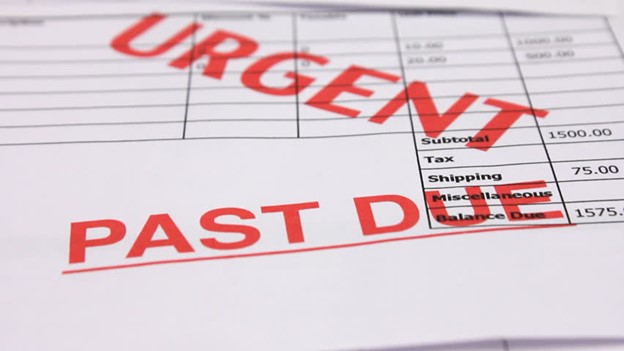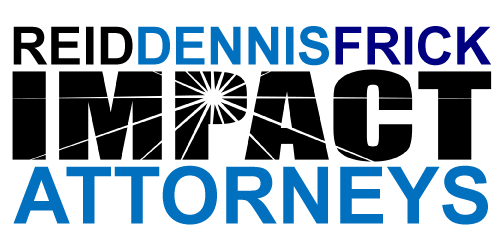The “check in the mail” occasionally never arrives. Successfully collecting commercial accounts requires not only knowledge of creditor’s rights but also diligence and perseverance. Developing and implementing a sound collection strategy can strengthen any business’s bottom line. Shrewd businesspeople realize that consistently pursuing the collection of delinquent accounts can set an example for other customers even when a particular account may not be fully collectible. Whether you have a customer with an unpaid debt from a single transaction, a customer with a large receivable from a standing account, or a series of customers with moderate balances due, one of REIDDENNISFRICK’s attorneys can assist you in formulating a strategy to collect your debt. If your customer is actively disputing your debt, we can help you evaluate their argument and your rights.
Unfortunately, Texas is known as a “debtor-friendly” state. When a customer or debtor fails to pay, the law requires a debtor to carefully follow the legal process step-by-step to collect that debt. Notices may have to be given. The customer may be entitled to an opportunity to cure its default. A claim may need to be presented. A demand may need to be sent. Some of these steps may be waived by the customer in advance; others may not. Failing to follow the required steps can delay, and sometimes seriously jeopardize, the debt collection process. It is important to contact an attorney experienced in collecting commercial accounts for assistance.
Even securing a judgment against your customer often is not enough to persuade it to pay its debt. In certain situations, we can garnish your customer’s bank accounts, attach or sequester personal property, or secure a turnover order of hard-to-reach assets. In some instances, we can ask the court to appoint a receiver to take charge of your customer’s business or property.
Many businesspeople with a limited understanding of the law think that a customer with a large home and a nice car is a good credit risk. Such property is usually exempt from legal process for collection of a debt. Some businesses do a reasonably thorough job of screening potential credit risks prior to a transaction. Others are willing to take the risk. Your due diligence on the front end of a transaction is the most effective way to insure the collectability of your debt. We can help you standardize your credit and payment systems to help you collect the information you may need to collect your accounts.
We are often asked to take collection cases on a contingency fee. Unfortunately, many businesses do not adequately screen poor credit risks, do not diligently monitor their receivables to promptly flag those which become past due, and allow accounts to age before initiating legal action. Some businesses initially handle collections in-house, whereas others make use of professional debt collection agencies. Generally, we decline to take collection cases on a contingency fee unless we have represented a particular client for a long time and are familiar with its process for screening prospective customers and identifying problem accounts.
Particular Types of Collection Matters
The litigation attorneys at Reid & Dennis are experienced with a wide range of commercial collection matters, including:
- Mortgage loan defaults
- SBA loan defaults
- Unpaid contracts for the purchase of goods
- Unpaid contracts for services rendered
- Rent, bill-backs, and other lease payments
- Sworn accounts
- Mechanic’s and materialmen’s liens
- Promissory notes
If your type of matter isn’t listed above, contact us for more information. Our attorneys can tell you if we are the right choice to help you.

“Neither a borrower nor a lender be.”
̶ Polonious’ advice to Laertes from Hamlet Act 1, Scene 3. W. Shakespeare


